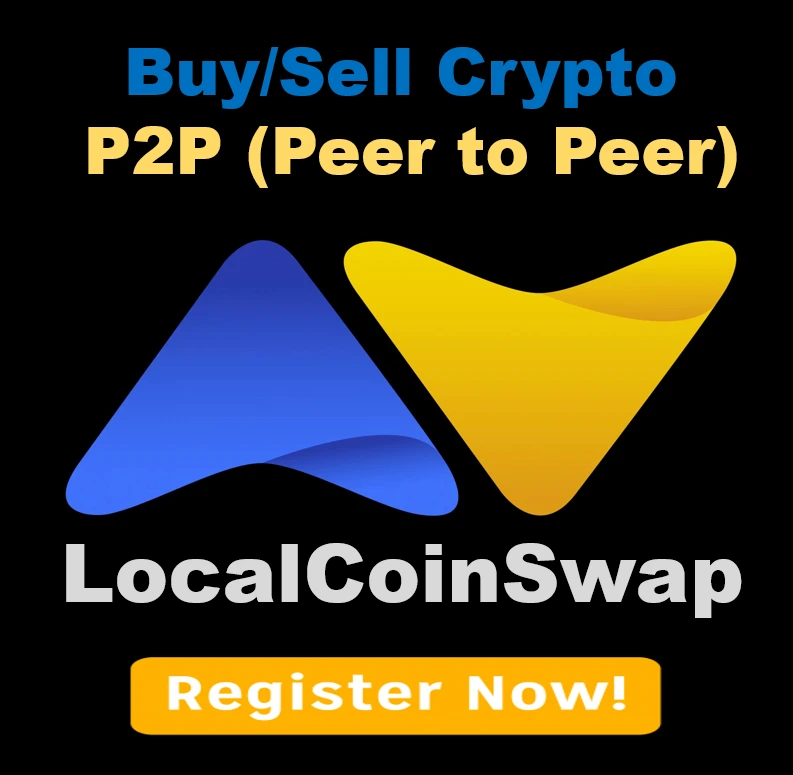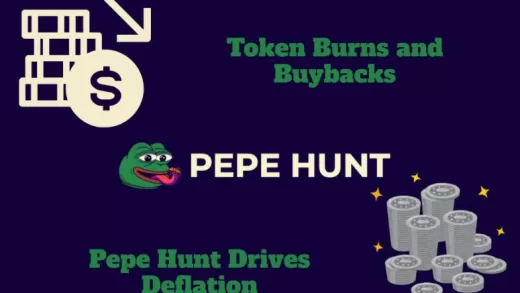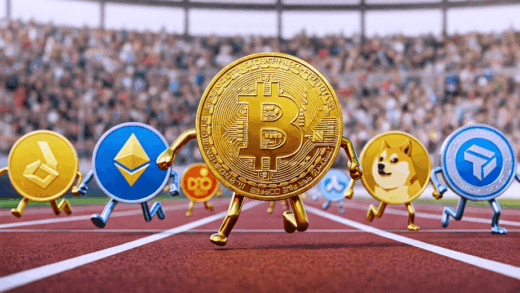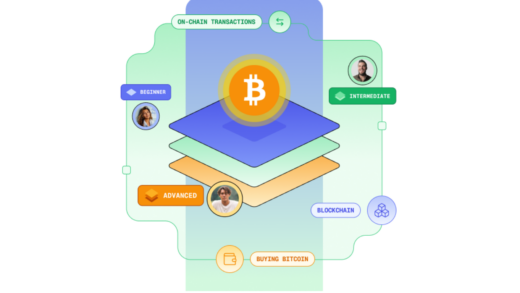As many recent news stories are showing, Facebook and other large online platforms may not be the best custodians of our data.
They have access to huge amounts of information about their users, information which is extremely useful to them for a lot of reasons, most notably in advertising.
Even if you overlook the ethical concerns that arise from Facebook and Google harvesting the personal data of their users for financial gain, there is plenty to be worried about.
This centralization of data creates disadvantages for numerous groups, like advertisers, content creators, and of course the users themselves.
Before taking a look at how these groups lose out from large-scale data centralization on these platforms, let’s go into the importance of data for companies like Facebook and Google.

Why is data such a big deal?
Data is hugely valuable to these big companies, because it contains information on users. That includes things like what music they listen to, what clothes they typically buy, their interests, what they read about online, and much, much more.
That data can be used to build detailed profiles which can then be sold to advertisers. It’s especially useful to them because they can target their ads at people who are more likely to buy their products.
If, for example, you spend a lot of time on social media talking about your love for motorbikes, post regular photos with them, join numerous motorbike enthusiast groups, and regularly search on Google for things related to motorbikes — we can safely assume that you like two-wheeled motor vehicles.
Armed with this knowledge, advertisers can then target you with ads for similar products, confident that you’ll be far more interested and likely to engage with them than the average user.
This advertising model has resulted in mind-blowing success for Facebook and Google. Together, they account for 25% of global ad spending, and 60% of online ad spending. It looks like advertisers just can’t get enough of that sweet, sweet user data.
There’s another string in Facebook and Google’s advertising bow, too. They host a lot of content, which generates an enormous amount of traffic. This allows them to charge premium rates to host ads, giving them yet another channel for making money.
But for all these advantages, the advertising model employed by these giant firms is far from perfect.
The issues with Facebook and Google’s model
One of the problems with this model is that data is often shared inaccurately. That means advertisers end up targeting the wrong people with their ads. This infuriates users who are bombarded with tons of irrelevant marketing, and leads to poor results and lost money for the ad companies.
There’s also the murky issue of data ownership — which has dominated headlines so much recently. People believe they should have control over their own data, and that they alone should decide who gets to use it and make money from it.
Finally, content creators are often left with far less compensation than they deserve. Even though their viral posts, videos, and photos may generate millions in ad revenue, they often only get a fraction of this (if they get anything at all).
It’s not exactly an ideal scenario. The big platforms make astronomical amounts of money, and the parties they rely on are left with the short end of the stick.
Fortunately, there could be a solution on the horizon.
How blockchain can combat data centralization
The above issues stem from the fact that platforms like Facebook and Google use a centralized model. This means that advertisers, content creators, and users can’t really interact directly — they have to go through the platform.
In a decentralized system, they would be able to interact directly. That means advertisers could work with content creators (and pay them far more), and users would have greater control over which ads they saw. They could also share their data with advertisers, allowing for more accurate ads that benefit both parties.
But how can we build such a system? Well, it looks like blockchain technology could be the way forward. It’s well-suited to creating decentralized systems and challenging centralization.
Kind Ads is one company that hopes to challenge the Facebook/Google data duopoly in this way. Their platform allows users to share data with advertisers in return for tokens, effectively monetizing it.
In this recent interview, IvanOnTech interviewed Neil Patel on the future and current issues of the online advertising industry. “Online advertising is flawed and needs to change. Publishers don’t get compensated enough and advertisers are suffering from enormous fees”. The death of the middleman is an absolute must in the advertising space” says Neil Patel of Kind Ads.
At the same time, advertisers can also open relationships with content creators, allowing for much fairer compensation.
Thanks to a closer, healthier relationship with customers, ad companies might be able to devote more time to more pleasant and effective styles of advertising like chat bots and push notifications.
At the very least, they’ll be able to target much more accurately and effectively so users see ads for things they actually want.
By cutting out the middle men of online advertising, it’ll be possible to build a much fairer system which works better for everyone.

![7 Best Crypto Affiliate Networks [Bitcoin Affiliate Networks] 2020 2 Best crypto affiliate network- Bitcoin affiliate programs](https://coinfunda.com/wp-content/uploads/2018/10/Best-cryptocurrency-affiliate-network-program-520x293.jpg)









![[Sponsored] STG Energy Launches Breakthrough Cloud Mining Product to Democratize Crypto Mining 11 STG mining](https://coinfunda.com/wp-content/uploads/2025/02/STG-mining-520x293.webp)
![[Sponsored] Centralhash cloud mining platform easily obtains 100,000 US dollars of 12 central hash](https://coinfunda.com/wp-content/uploads/2025/02/central-hash-512x293.webp)